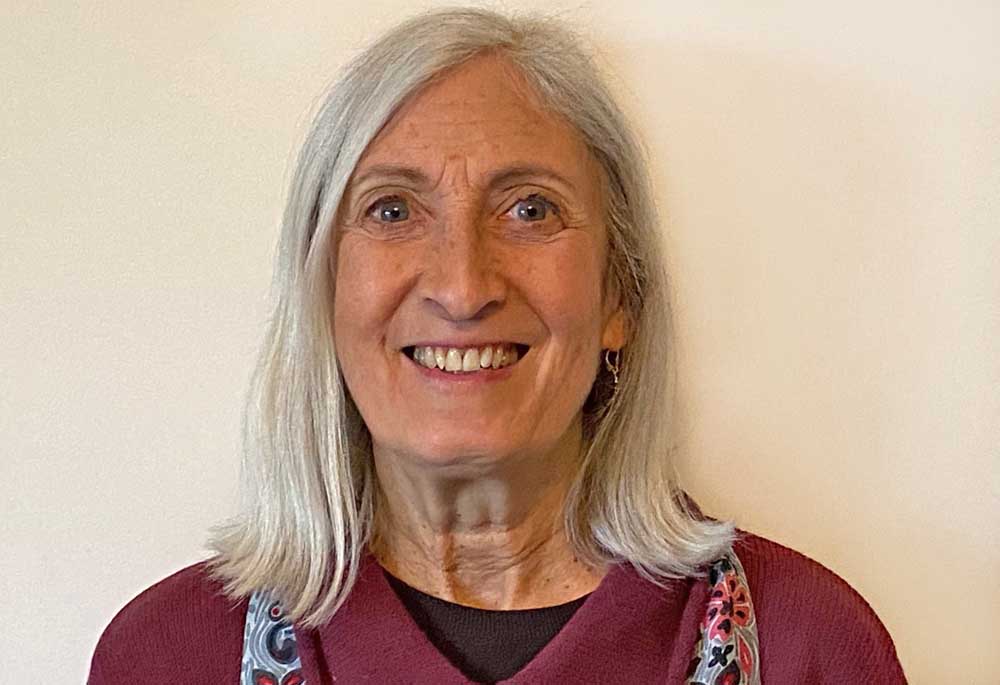AGING MATTERS: The question to ask is, ‘Could it be my heart?’
Published 6:45 am Sunday, March 17, 2024

- Ellen Waldman
“Could it be my heart?” It was suggested that all women ask this question of their medical providers, especially if they are in the emergency department of a hospital.
Trending
Why? Because women’s symptoms of heart attacks are often overlooked by doctors. This is according to Dr. Jennifer Ellis, a cardiac surgeon and co-chair of the Association of Black Cardiologists’ Health and Public Policy Committee. The American Heart Association reported that women who visited emergency departments with chest pain waited 29 percent longer than men to be evaluated for possible heart attacks. Another study showed that middle-aged women with chest pain and other symptoms of heart disease were twice as likely to be diagnosed with a mental illness compared with men who had the same symptoms.
More than 60 million women in the United States are living with some form of heart disease, including arrhythmia, heart failure and coronary artery disease. Each year, there are about 50,000 women who die from breast cancer and 500,000 die from heart disease. Not many understand that heart disease is the number one killer in every group — Black, white, male, female — according to the Centers for Disease Control and Prevention (CDC). Yet access to testing, monitoring and treatment remains a challenge for women patients. Sadly, 80% of heart attacks are preventable in younger women but are too often not diagnosed.
Here’s a local story:
Trending
A woman in her 70s had been having rapid heartbeats and difficulty catching her breath. The doctor told her that if she experienced “crushing” chest pain to go to the ER. In fact, this is not one of the main symptoms women generally report during heart attacks. They may have indigestion, shortness of breath, fatigue and pain, though not crushing. Through her own persistence, she was finally able to see a cardiologist and was given medications to treat her high blood pressure and cholesterol. We are fortunate to have many excellent cardiologists here, including the large practice at Southern Oregon Cardiology (socardiology.com). Advocating for this care is critical for women in particular.
Why should you care about cholesterol levels? According to professionals, high LDL (bad) cholesterol is a concern for women that is often under-recognized, under-diagnosed and under-treated. Aiming for a low LDL score is the best way for women — especially those that have experienced a heart event — to reduce their risk for heart attack and stroke.
“Small steps sustained over time.” This is the main guidance. Small changes such as these below are very important to improving heart health.
• Manage your underlying medical conditions. High blood pressure, diabetes, high cholesterol and obesity are all major risk factors for heart disease.
• Reduce substance use. Smoking elevates the risk of heart attacks by increasing plaque buildup, damaging blood vessels and worsening cholesterol.
• Exercise. A large study involving 30 years of medical records from 100,000 adults found that people who followed the CDC’s recommendation for at least 150 weekly minutes (or a little more than 20 minutes a day) of moderate or high-intensity exercise had a 31 percent decrease in cardiovascular mortality.
• Be mindful of food choices. Just about everyone already knows that reducing their intake of salty and fatty products can protect their hearts. But consumers should also be on the lookout for ultra-processed food in packages and boxes.
Back to our local older patient and her outcomes. She now checks her blood pressure daily, diligently takes her medications, has incorporated some small changes to her meals and started a simple exercise plan. Her cholesterol and blood pressure levels have actually improved.
If you are concerned about your heart as you age, please speak to your doctor, perhaps get a referral to a cardiologist, and remember to ask, “Could this be my heart?”









